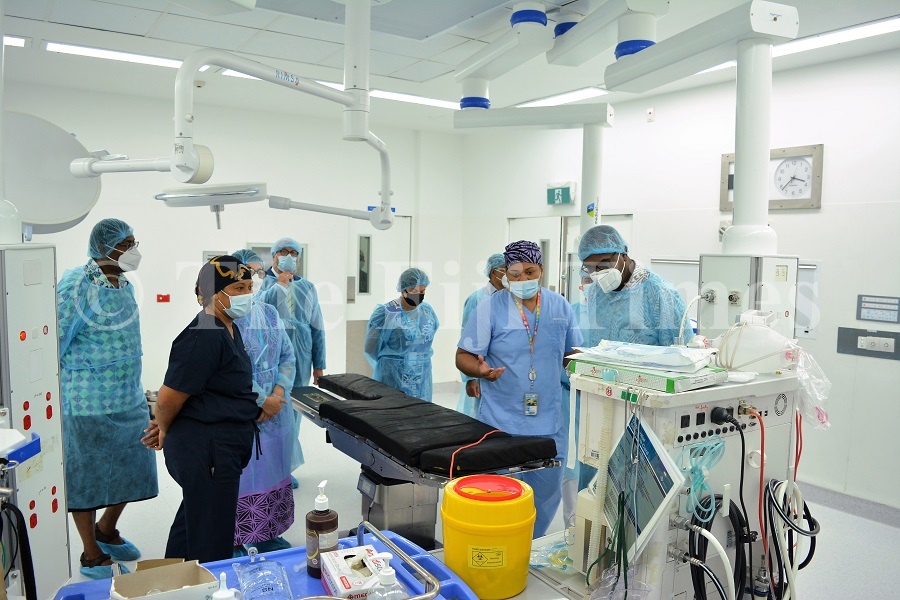The fact that health services, or the lack of it, is a reason people are leaving for better opportunities abroad is a concern.
Nadi private doctor Ahmed Shariff, speaking at a National Budget consultation, said a taxation system needed to be implemented for the health sector to improve and upgrade its services and facilities.
The director of Health Masters Pte Ltd said it was a cycle we should fix. He warned if we did not address the issue now, people would leave. Health, he said, was one of the most common reasons for migration.
As our population ages because of the search for better care, he said people were willing to leave for other countries.
In May last year, we reported on the challenges facing our health care system.
We spoke about its value chain. Challenges ranged from inadequate infrastructure for early screening and diagnosis of disease, to availability of medical supplies and pharmaceuticals and their disposal.
This was stated in the “Country Private Sector Diagnostic — Creating Markets in Fiji” report released by the International Finance Corporation (IFC), a member of the World Bank Group.
Strengthening Fiji’s health care system, the IFC noted at the time, would help address the growing burden of non-communicable diseases (NCDs) while positioning Fiji as a regional hub for health services.
Around 85 per cent of deaths in 2019, it stated, were due to NCDs.
It estimated that by 2040, the rising number of premature deaths caused by NCDs would cost Fiji’s economy roughly 10.9 per cent of the GDP. “On the other hand, there is a lack of affordable medical insurance which acts as a key constraint to developing private health care,” it noted.
However, the IFC stated Fiji’s health sector was more developed in comparison with other Pacific island countries.
We also reported Ministry of Health permanent secretary Dr James Fong saying there were definitely challenges the ministry had to address to mitigate the growing NCD burden.
The adverse impact of impaired supply chains on the supply of laboratory reagents, laboratory equipment and related consumables, he said, was clearly visible at the time.
The revelations are important for they should ensure we are proactively engaged in ensuring our services meet accepted international standards.
The positive roll-on impact will be good for Fijians.
The challenge we have now is to set the processes in place that will address any shortcomings, and boost confidence in our health care system, otherwise, as the good doctor warned above, people would continue to leave the country.





